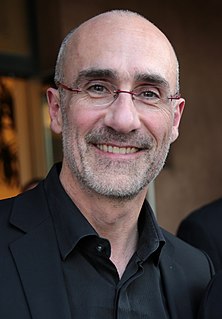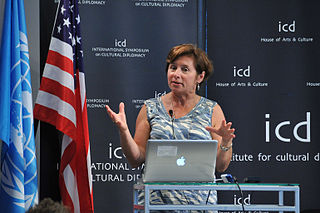A Quote by Arthur C. Brooks
FDR created today's 30 percent coalition. Obama wants to finish the job by turning it into a permanent ruling majority. There's nothing new about the Obama Narrative. It is the FDR Narrative on steroids. It is intended to lead to greater statism and political gain.
Related Quotes
The rise of a new kind of political science in the 1960s has been driving a wedge between political insiders and voters ever since. By turning voters into interest groups, it stopped establishment leaders from articulating a national narrative. It opened the way for Movement Conservatives to create today's political crisis.
For queer people, the personal is very political, just to talk about it in a public space. It's very political just to come out and take up that space and be like, 'This is my narrative. It's not an outsider narrative, and it's not a fetish narrative; it's just my story, and it's worth being told and listened to.'
Barack Obama is talking about cutting taxes. On net, he is a tax cutter. But the difference between Obama and John McCain is that Obama is raising some taxes on families, for example, with incomes over $250,000. Now, that amounts to about 2 percent, the richest 2 percent of American households. And even with those tax changes, even with all of the tax changes Obama's talking about, taxes will be lower under Obama than they were under the Clinton years.
About forty percent of the people vote Democrat. About forty percent vote Republican. Of those eighty percent, most wouldn't change their votes if Adolf Hitler was running against Abe Lincoln - or against FDR. . . . That leaves twenty percent of the people who swing back one way or another . . . the true independents. . . . That twenty percent controls the destiny of the country.
It is clear that 'social Darwinism' and 'survival of the fittest' were intended by Obama to evoke feelings of fear and disgust. It is highly doubtful that Obama knows anything about the history of these ideas, and it is even more doubtful that he cares. A concern for truth is not the coin of the political realm.


































